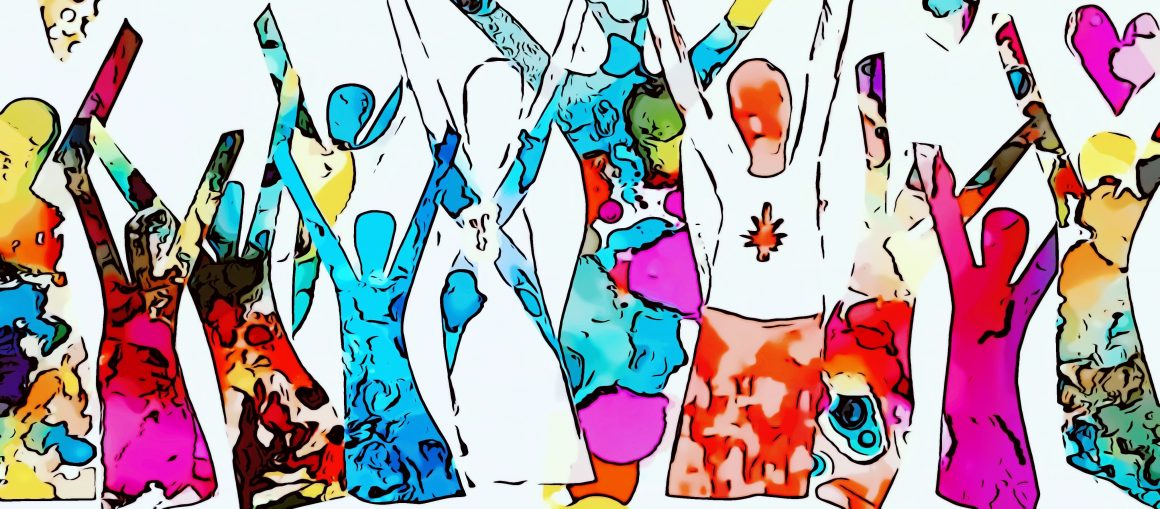
photo by CRobi-Blog cc
To Touch The Soul of One Human Being Is To Walk On Holy Ground
Stephen Covey
One of our tasks as school counsellors is to help students separate themselves from outside evaluations and erroneous self- concepts, so that they may discover their own being. We need them to remember, regain, renew and strengthen what they once had as a baby, but now seems lost! By focusing on a student’s strengths we are better able to assist them.
Developing a positive relationship with students is essential and a key into their world; if we accept all students with respect and regard we will be effective in helping them.
Paraphrased from Windows to Our Children by Violet Oaklander
School Counsellors have an extremely important job to do. No matter what the situation is they are helping students and relationship is extremely important. It is the cornerstone of what school counsellors do. School counsellors are often privileged to have the time to sit down with a student to really understand their world and what it is they need. Part of the school counsellor’s role is to enhance the students development both personally and academically.
School counsellors across the country have a variety of skills. In my district we have to have a teaching degree as well as a Master’s degree in counselling.
When students come to the school counsellor they know they can get assistance in a number of areas with a variety of issues.
Coordinating Comprehensive School Counselling Programs which recognize the developmental needs of students is vital to the work that a school counsellor does. They provide responsive services in minor and major crisis while also coordinating wraparound services for school/community agencies as well as service providers for education, mental health, justice, newcomers and health care.
The Guidance Council of Alberta has some great resources to provide school counsellors in Canada with a background and framework for what we do.
Click here: http://www.guidancecouncil.ca/?page_id=29
The role of the school counsellor has changed and is evolving. Ask a school counsellor what they do and you may be surprised. Helping students is what school counsellors do. They want to make a difference in students lives so that they can better navigate the world around them.
Wanting more information about School Counsellors in Canada? The following websites are helpful:
- Newfoundland: No website available at the present time
- Northwest Territories: No website available at the present time
- Nunavut: No website available at the present time
- Ontario School Counsellors Association: http://www.osca.ca/
- Prince Edward Island Counselling Association: http://www.peica.org/
- Quebec: No website available at the present time
- Saskatchewan School Counsellor Association: http://ssc.stf.sk.ca/ssca/ssca.html
- Yukon Territory: No website available at the present time
The Canadian Counselling and Psychotherapy Association School Counselling Chapter keeps up on school counselling programs across Canada and promotes and supports the role of school counsellors.
http://www.ccpa-accp.ca/en/chapters/schoolcounsellors/
School Counsellors love what they do and more are beginning to connect on twitter for professional development. We also love connecting with school counsellors from all over the world. So please join us follow the hash tags:
Canadian School Counsellor Chat: #cscchat
American School Counselors: #scchat
You can follow me @SSpellmanCann
Note to all school counsellors everywhere. If you have a HAIKU DECK that you have created please share with me @SSpellmanCann and I will share with EVERONE as well as putting in a place for all school counsellors to use.
Here is one example:

Click here:
http://www.haikudeck.com/p/VT42oMjCFM/positive-connections-school-counselling
- Hope you join in on creating haiku decks that students and you can use.
- Looking forward to connecting and working together to create FREE school counselling resources that students and school counsellors across the WORLD can use to make a difference in the lives of our students.






